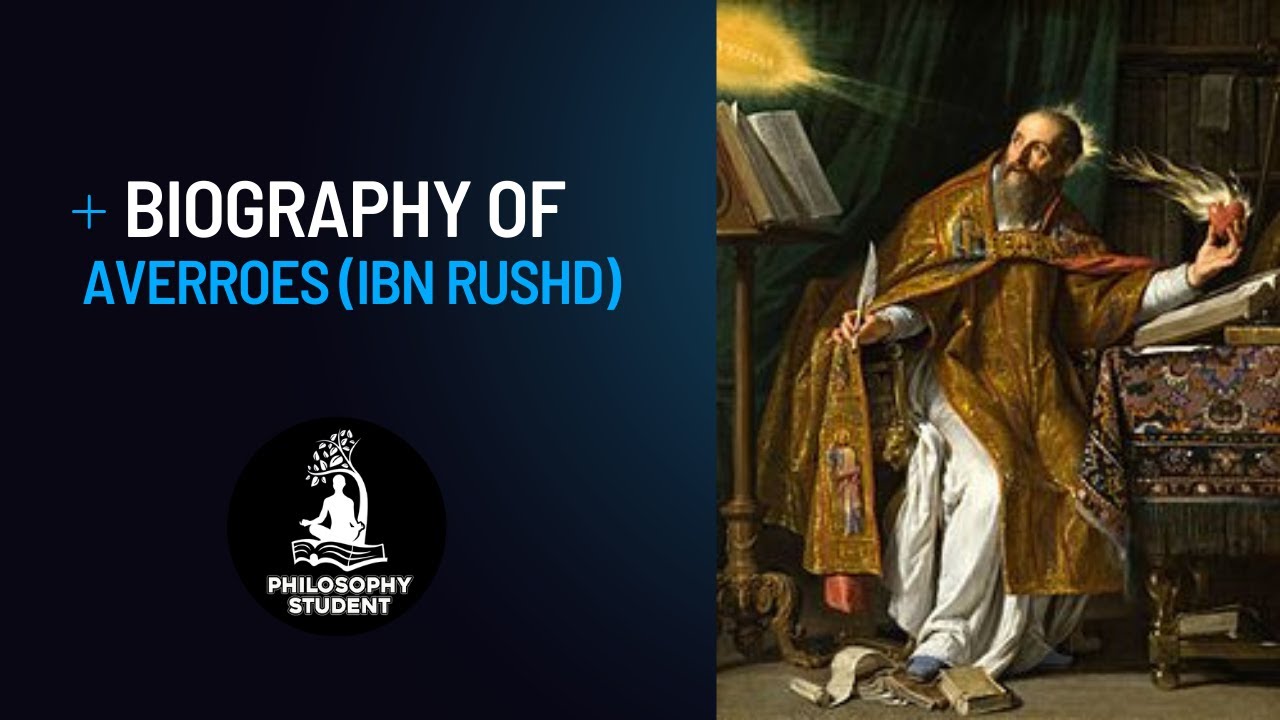Among the most important philosophers in the Islamic world, Ibn Rushd—better known in the West by his Romanized name, Averroes—brought the works of Aristotle before an Islamic audience. In the process, his commentaries on Aristotle, in Latin translation, revived European interest in the Greek philosophers. Thus, Averroes was instrumental in establishing Aristotle as a leading source of Medieval European thought.
Averroes was born on April 14, 1126, in Córdoba, Spain—at the time part of the Almoravid emirate. His was a family of eminent judges, and in 1169 the caliph Abu Yaqub Yusuf became his patron, commissioning several of Averroes’s works. Yet Averroes never became a fulltime philosopher. He served from 1182 to 1195 as court physician and chief judge of Córdoba. After his patron’s death in 1184, he continued to serve the royal court of the caliphate until 1195, when he fell out of favor and was forced into exile to Lucena, not far from Córdoba but sufficiently removed from the royal court. He was reinstated to royal patronage shortly before he died on December 11, 1198.
Averroes was opposed to Neoplatonism, which figured prominently in the work of Avicenna (980-1037), the most prominent philosopher in the Islamic world of the generation preceding Averroes. Instead, he sought to bring to light the more empirically based work of Aristotle. Not only did he defend Aristotelian thought against Neoplatonism, he had to defend philosophy itself against the leading Sunni theologians, who held that it was inherently incompatible with Islam. Averroes countered that philosophy was not only permitted in Islam but was required knowledge among the educated and powerful. In a work known as Decisive Treatise, he defined philosophy as a body of conclusions arrived at through the methodical application of reason. He asserted that conclusions thus reached could not possibly contradict the revealed truths of Islam because “truth cannot contradict truth,” and philosophy and Islam were simply two methods of reaching the truth. He did not deny that philosophical conclusions may appear to contradict revelation. In these cases, however, Averroes asserted that the sacred text must be interpreted with the proper allegorical understanding until the apparent contradiction was resolved.
Averroes composed commentaries on almost all the extant works of Aristotle, save Politics, to which he did not have access. He knew of the existence of Politics, however, and by way of compensation wrote a commentary on Plato’s Republic. Averroes wrote three styles of commentary, which he called short, middle, and long. The short commentaries simply summarize the texts. The middle commentaries contain more extensive paraphrases and aim to clarify difficulties in the original. The long commentaries proceed line by line and reproduce the complete original texts. They are highly analytical, and Averroes made clear his intention to rescue Aristotle from the attempts of others to interpret the work in a Neoplatonic framework or even to synthesize and merge Plato with Aristotle.
In addition to his commentaries on Aristotle, Averroes wrote numerous original treatises, including On the Intellect, On the Syllogism, On Conjunction with the Active Intellect, On Time, On the Heavenly Sphere, and On the Motion of the Sphere.




































